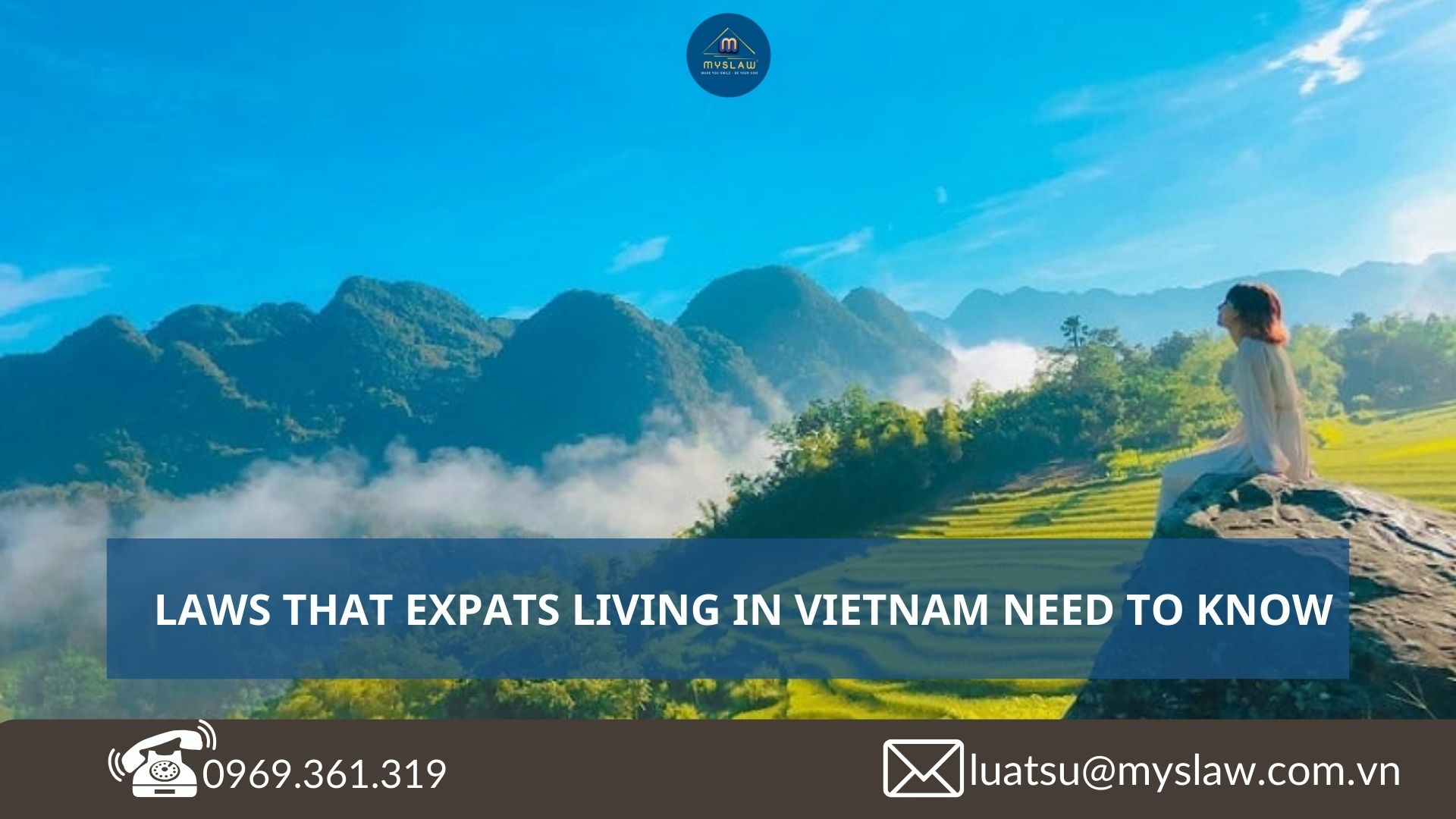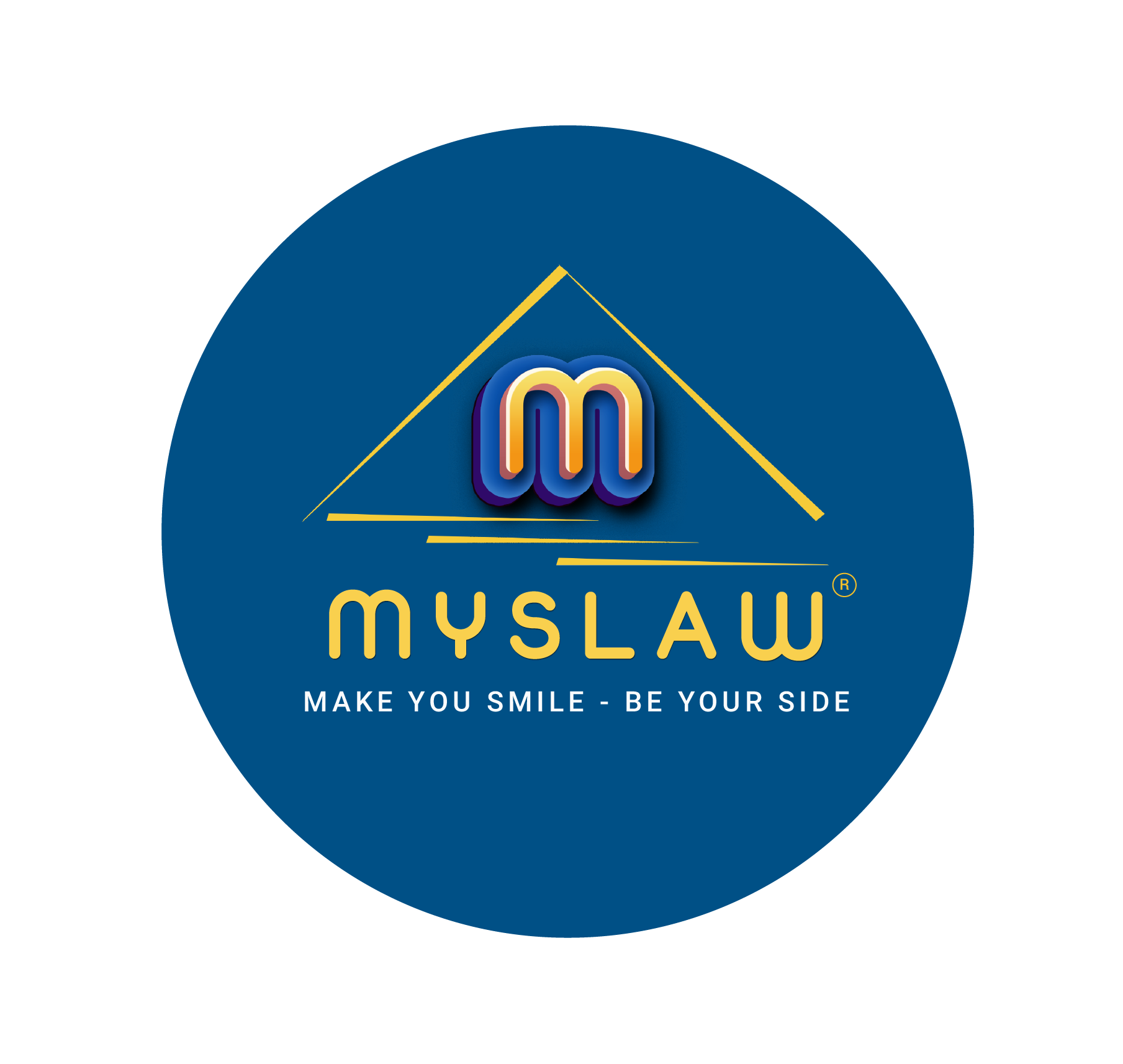Expats living in Vietnam can enjoy exciting opportunities, but understanding local laws is crucial to ensure a smooth and enjoyable experience. From immigration to employment and property ownership, Vietnam’s legal framework has unique aspects that expats must comply with to avoid complications.
This guide highlights essential laws for expats in Vietnam, helping you navigate life in this vibrant country while staying compliant.

1. Immigration and Residency Laws
Visa Types
Vietnam offers various visas tailored to specific purposes, such as:
- Tourist Visa (DL): Typically valid for 30 days, extendable for another 30 days.
- Business Visa (DN1, DN2): Ranges from one month to 12 months for those conducting business activities.
- Work Visa (LD): Requires a work permit and is valid for up to two years.
- Investor Visa (DT): For foreign investors, valid for up to five years.
Consequences of Visa Overstay
Overstaying your visa can result in fines (500,000 to 2 million VND per day), deportation, or a ban on re-entry.
Temporary and Permanent Residency
- Temporary Residence Cards (TRCs): Issued for one to ten years based on visa type.
- Permanent Residency: Available after three years of continuous residence or through family ties with Vietnamese citizens.
2. Employment Laws
Expats must obtain a valid work permit, typically issued for two years. Exemptions apply to certain investors, lawyers, and spouses of Vietnamese citizens.
Key Employment Rules:
- Contracts: Must be in writing and specify terms.
- Working Hours: Limited to 48 hours per week, with overtime capped at 300 hours annually.
- Termination: Requires legitimate grounds, and severance pay is provided for over one year of service.
Social Insurance and Health Insurance
Compulsory for expats with contracts exceeding one year, covering pensions, health care, and workplace accidents.
3. Tax Laws
Tax Residency Status
- Residents: Taxed on global income at progressive rates (5%-35%).
- Non-Residents: Taxed on Vietnam-sourced income at a flat rate of 20%.
Deductions
Contributions to social insurance and dependents (9 million VND per dependent) can reduce taxable income.
Filing Requirements
Tax returns must be submitted by March 31 annually.
4. Property Ownership and Leasing
Ownership
Expats can own apartments or houses in commercial developments under the Law on Housing 2014, but land ownership is not allowed.
Leasing
Leasing is common and governed by the Civil Code 2015, with agreements typically lasting one to five years. Contracts must be registered with local authorities for terms exceeding six months.
5. Family and Personal Laws
Marriage
Expats can marry Vietnamese citizens but must meet legal requirements, including age, marital status certification, and health checks.
Divorce
Handled by Vietnamese courts if one or both spouses reside in Vietnam. Child custody and property division prioritize fairness and the child’s well-being.
Adoption
Expats can adopt Vietnamese children under Vietnamese Adoption Law and international conventions.
6. Criminal Laws
Vietnam has strict criminal laws under the Penal Code 2015. Common offenses include:
- Drug Possession: Harsh penalties, including long prison sentences or death.
- Traffic Violations: Mandatory helmet use, no drunk driving, and compliance with speed limits.
- Public Behavior: Avoid actions deemed disrespectful to local customs or public order.
The above information is provided by Mys Law. For any questions regarding the content of this article, please contact 0969.361.319 or email: [email protected] for further clarification. Best regards!
Compiler: Nguyen Anh Quan





